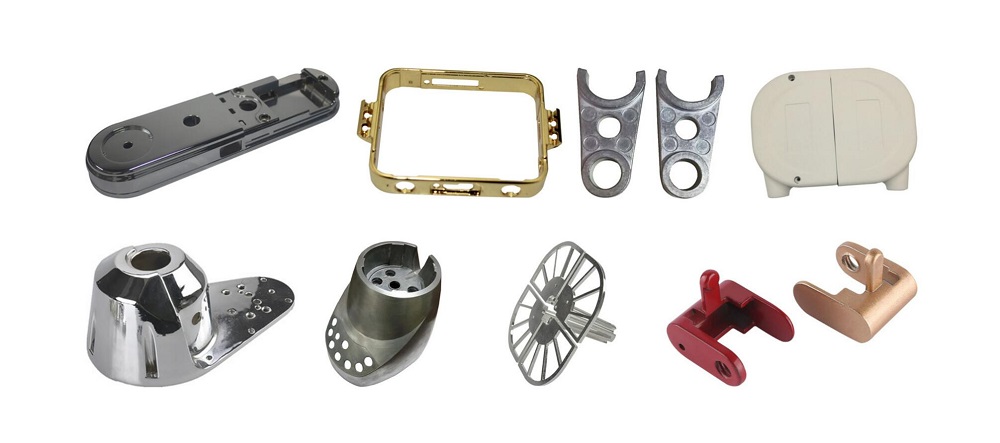As a new type of electrochemical energy storage technology, the flow battery is one of the preferred technologies for the large-scale energy storage of clean energy. Recently, Dalian Institute of Chemical Physics, Chinese Academy of Sciences developed a new type of long-life, self-recoverable zinc-iodine flow battery, which effectively solved the short cycle life, low power density, and discontinuous power generation of wind energy and solar energy. Problems such as stability and uncontrollability have enabled the efficient use of clean energy. Zinc-iodine flow batteries have the advantages of high energy density and high safety, and have broad application prospects. However, like other zinc-based batteries, the "dendritic problem" of the zinc negative electrode is always the bottleneck of its commercial development. According to reports, the zinc anode of zinc-iodine flow battery will produce irregular zinc dendrites during the process of constant charge and discharge. This "dendritic structure" of dendrites will continue to grow during the cycle and eventually pierce the battery. The film causes a short circuit in the battery and seriously affects the cycle life of the battery. In addition, the problem of hydrogen evolution on the negative electrode side also affects the stability of the electrolyte and causes the battery cycle performance to deteriorate. The solution to this problem is to use inexpensive polyolefin porous membranes instead of expensive perfluorosulfonic acid ion exchange membranes. The research team led by Li Xianfeng, researcher of the Energy Storage Technology Research Department of the Dalian Institute of Chemical Physics, Chinese Academy of Sciences, and a research team led by Zhang Huamin found that the porous polyolefin structure of the zinc-iodine flow battery is filled with an oxidized electrolyte that can be dissolved during the charging and discharging process. Zinc dendrites achieve "self-recovery" of the battery, thereby solving the problem of poor cycle life of the battery due to zinc dendrites. It is understood that the battery during the charging process, the negative electrode of zinc dendrite will continue to grow until the piercing film grows to the positive side, causing the battery to short circuit, but with it comes the positive oxidation state of the electrolyte and the short circuit The chemical reaction of the zinc dendrites causes the zinc dendrites to slowly dissolve out, eventually causing the battery to disappear and return to normal performance. To confirm the practicability of the system, the research team successfully integrated a kilowatt-level electric reactor. The electric reactor has been stably operated at more than 300 cycles at 80 mA/cm2, and the energy efficiency has stabilized at 80%, showing excellent reliability. In addition, the battery also has the characteristics of low cost, high conductivity, strong stability, and high operating current density. Relevant personnel indicated that the zinc-iodine flow battery is still in the initial stage of research. After further improving its reliability under high current density, it can promote practical and industrialization.
The common zinc alloy die casting parts in our lives include some die casting hardware such as lamps, furniture, luggage, hooks, belt buckles, etc., as well as some electronic cigarette industries that have developed rapidly in recent years, and many electronic cigarette shells also use zinc alloy die casting. Zinc alloy has the characteristics of low melting point, corrosion resistance, small solidification temperature range, easy filling and forming, small shrinkage tendency and so on. It can die cast die castings with complex shape, thin wall, smooth surface and high dimensional accuracy. Moreover, the die casting is formed in one step, and the production efficiency is very high. However, it is necessary to develop independent molds for each product before die casting, so the development time and cost in the early stage are relatively high, so zinc alloy Die Casting Products are more suitable for medium and large-scale production.
SCZY has an internal independent mold development workshop, we can ensure the delivery time and quality. There are also independent production equipment for zinc alloy and aluminum alloy, and there is also a special follow-up secondary precision CNC machining department. Our departments are closely linked and coordinated to ensure product quality and production delivery to the greatest extent possible.
Zinc Die Casting,Alloy Die Casting,Precision Die Casting,Zinc Alloy Hardware Die Casting,Zinc Alloy Hardware Parts Die Casting,Zinc Alloy Hardware Parts Shenzhen SCZY Technology Co.,Ltd , https://www.szsczycasting.com